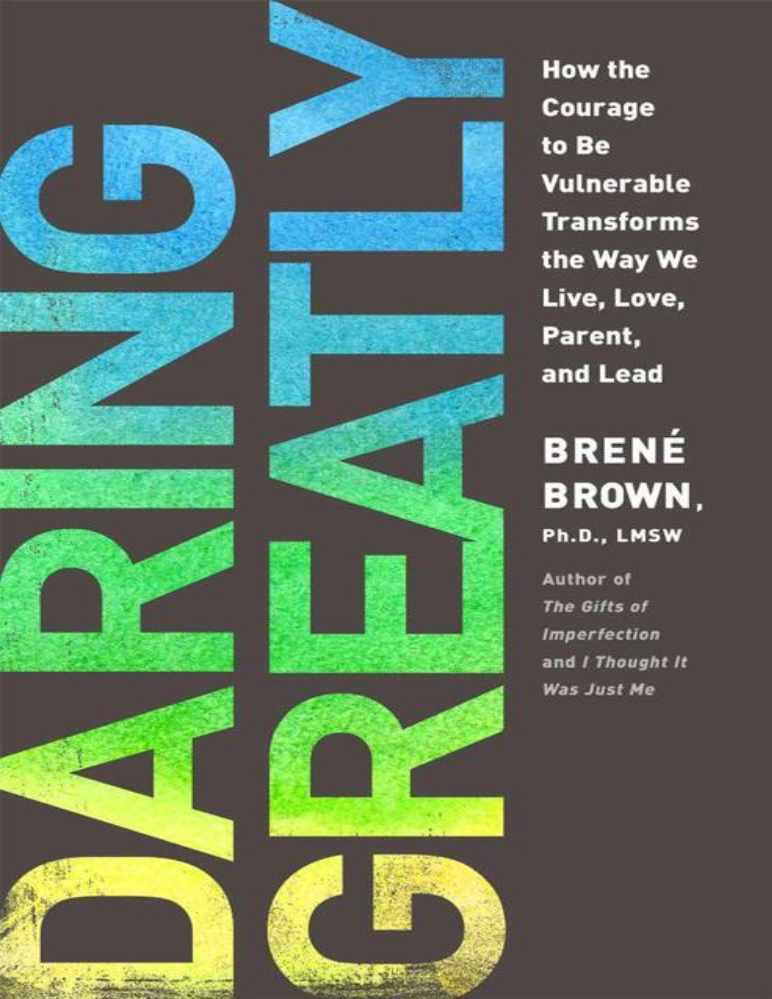Daring Greatly book by Brené Brown | Book Summary
Daring Greatly looks at the transforming force of vulnerability. Embracing vulnerability, according to Brené Brown, is a courageous action necessary for connection, creativity, and leadership, not a weakness. The book underlines that wholehearted living—that means interacting with the world from a place of worthiness—requires us to “dare greatly.”
Important Thoughts and Ideas
- Vulnerability is courage.
Vulnerability consists of emotional exposure, uncertainty, and risk.
Against common opinion, it is the most accurate gauge of bravery, not weakness.
Although many people avoid vulnerability because of shame, failure, or rejection, it is essential for important event,s including love, creativity, innovation, and belonging.
- The Arena Symbol
Inspired by Theodore Roosevelt’s comment on “the man in the arena,” Brown exhorts readers to enter the arena of life—to participate fully, even if it means running the danger of failing.
Critics who keep outside the arena, evaluating others, don’t count unless they, too, dare greatly.
- Embarrassment and Its Effects
Shame is the anxiety of disconnection, the conviction that we are unworthy of love and belonging.
It grows best in judgment, silence, and secrecy.
Overcoming guilt calls for empathy, self-compassion, and the sharing of our stories.
- Establishing Resilience Against Shame
Naming shame helps one understand its causes, to lessen its power.
Resilience grows from developing empathy, discussing shame, and reaching out to others.
- Wholehearted Living
entails learning to let go of perfectionism, practice vulnerability, and foster thankfulness.
Those who live wholeheartedly believe they are deserving of love and belonging, hence they have a great feeling of these things.
Operating from a “never enough” perspective—that is, not good enough, successful enough—society runs under the Myth of Scarcity.
This scarcity drives comparison, guilt, and disengagement.
Daring greatly is confronting this attitude with vulnerability, thankfulness, and self-worth.
- Parenting and Sensibility of Vulnerability
Not only from what they are taught, but also from the way adults live and interact, children learn about shame, courage, and worthiness.
Being a “good enough” parent entails showing sensitivity and setting a secure environment where kids may be really themselves.
- Organizational Culture and Leaders
In leadership, vulnerability is vital; it promotes responsibility, confidence, and creativity.
Cultures that punish sensitivity foster anxiety and disengagement.
Leaders should set the example of transparency and be ready to have difficult talks.
Last Note
We have to be ready to enter discomfort, expose ourselves emotionally, and face uncertainty if we are to live fully and truly. Risking powerfully shows how vulnerability is the starting point for creativity, joy, love, and belonging. We can lead, parent, and live fully only by daring to be seen and known.
